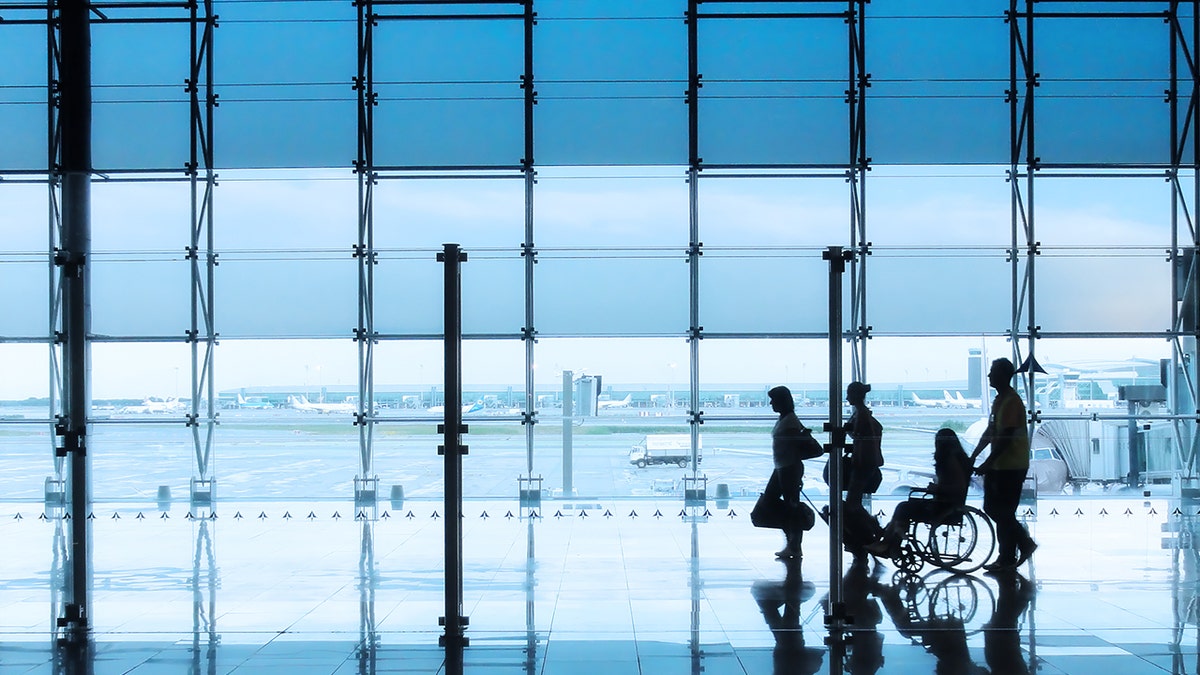
The issue deserves greater attention, the report argues. (iStock)
There are more than two billion people around the world who face travel accessibility issues tied to their age or extenuating disabilities.
A significant portion of this population would like to be able to travel more and be offered a greater variety of personalized services and destinations to choose from.
But according to a new study commissioned by Amadeus, Voyage of discovery. Working towards inclusive and accessible travel for all, the needs of these travelers are not being met by the travel industry or the public sector. As a result, accessible travel is far from being a reality for everyone.
More from TravelPulse:
“Over the past 30 years, travel has undergone a revolution that has brought it within the reach of hundreds of millions more people. The rise of low-cost options, the ubiquity of the internet and sharing platforms have created unprecedented demand and choice. In turn, more people are visiting more destinations than ever before,” states the report.
“One demographic that is yet to truly benefit from this democratization of travel: people with accessibility needs.”
These people wish to be considered as mainstream travelers, the report adds. They don’t expect special accommodations but merely the ability to plan, search, book and purchase travel like everyone else.
The report was commissioned to develop a deeper understanding of this growing segment of travelers and raise awareness surrounding accessibility issues.
Among its findings:
—One of the biggest barriers to accessible travel remains inaccurate or incomplete information being available.
—When it comes to booking travel online, 53% of respondents said they need assistance to complete bookings.
—Travelers with accessibility concerns increasingly expect their needs to be met as part of mainstream service, rather than at an added cost.
—The least satisfactory travel experiences for this population are related to railway stations.
—Accommodation providers meanwhile received the highest marks when it comes to making travel accessible.
Transitioning to a travel environment that works for everyone will require numerous improvements. Among them, more effective communication that facilitates access to relevant information regarding accessibility as well as more responsive service, including trained staff to address the varying access needs of travelers.
Standardizing content across the industry would also help. The report recommends more collaboration between the public and private sectors to help meet the needs of travelers with accessibility concerns.
“Improving accessibility in travel means enhancing usability for all customers. Lifting barriers to travel, personalizing the travel offer, using technology to further facilitate travelers’ experiences and creating more accessible infrastructure where people can navigate autonomously will benefit everybody,” said Amadeus Vice President, Corporate Strategy, Alex Luzárraga.
